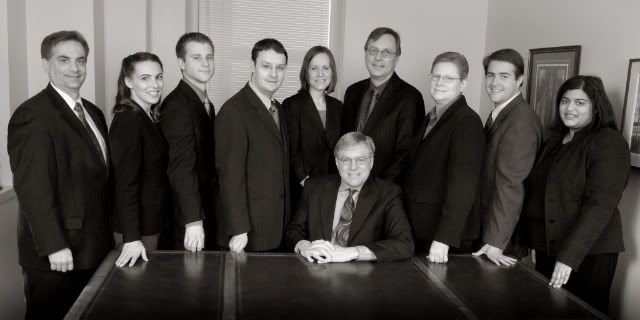The Supreme Court’s begins hearing January arguments today. Of interest to shareholders, however, is not a case argued today but rather a case heard in November 2009. Before the end of the current term, the Court will issue an opinion in Merck v. Richard Reynolds. Merck focuses on whether the statute of limitations on a federal securities fraud action begins to run when an investor obtains evidence of scienter of fraud or when any evidence of fraud is uncovered.
The distinction is real and would impact many securities fraud cases. Federal law requires securities fraud cases to be brought within the earlier of two years of knowledge or five years of the violation. Generally speaking, the two year period relating to knowledge does not run until all elements of a violation are discovered. The issue is important in security fraud cases because there is often evidence of fraud before there is evidence of the requisite intent. The evidence of fraud, however, is only recognizable in hindsight based on newer evidence demonstrating the intent to defraud. For example, in Merck, an internal study reached a suspicious but supportable conclusion. It was not until an independent study was published two years later that Merck’s original position demonstrated its intent to defraud.
If the statute of limitations is applied to the first instance of possible fraud, shareholders are put in a position whereby they need to take aggressive action to protect their rights. Such action is expensive, such as instituting preliminary injunction and temporary restraining order actions to preserve possible evidence of intent, and may not uncover any fraud on the part of the corporation. Corporations would also incur an added expense as they are forced to defend preliminary litigation. Waiting until all of the evidence necessary to bring a case is available will not harm corporations that are engaged in ethical practices.
Merck will be an important case to watch not only for its impact on the discovery rule in securities fraud cases. As the Wall Street Journal Law Blog points out today, it may also demonstrate whether the Obama Administration can affect a change in the Court’s pro-business stance under President Bush.
